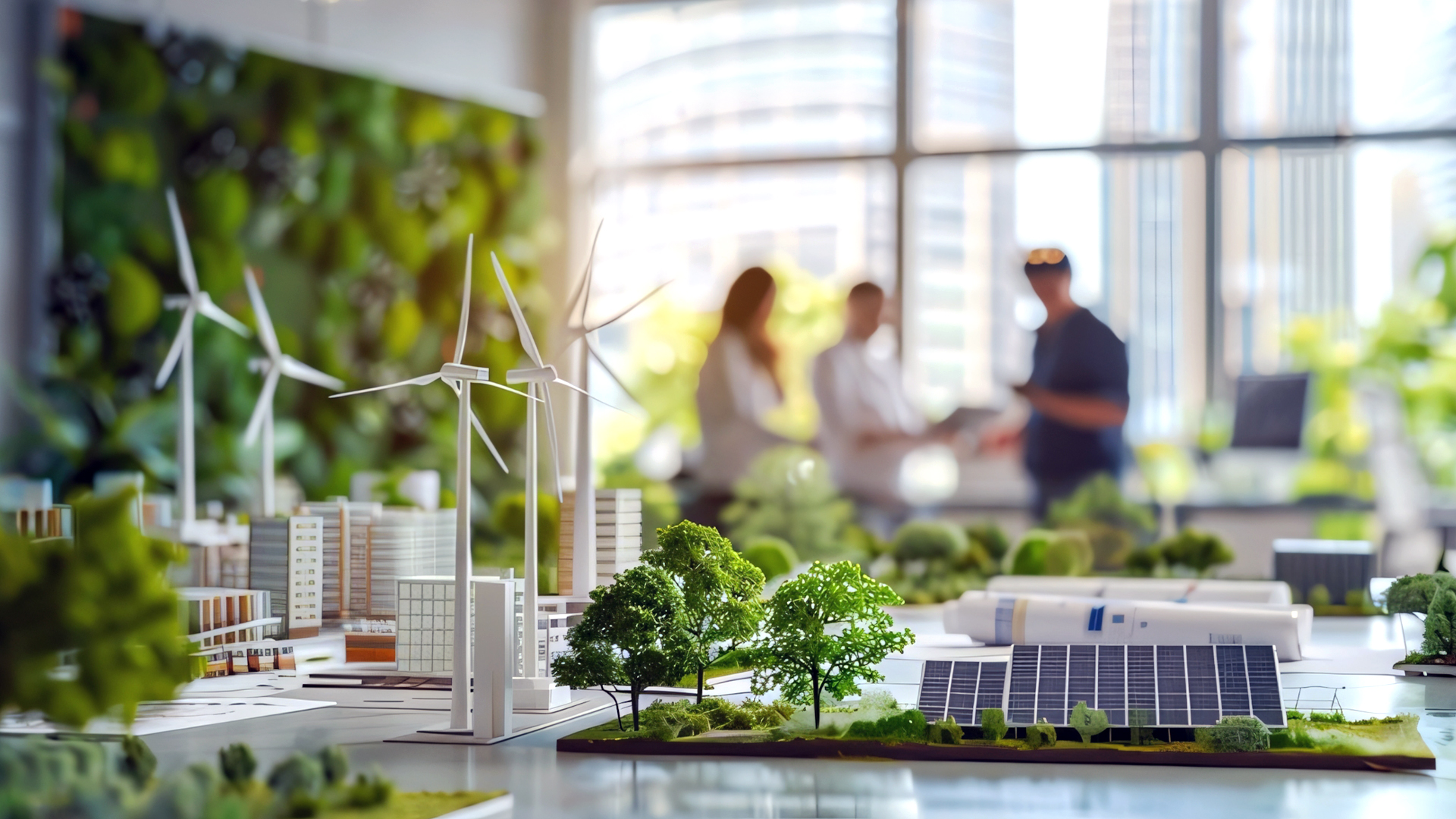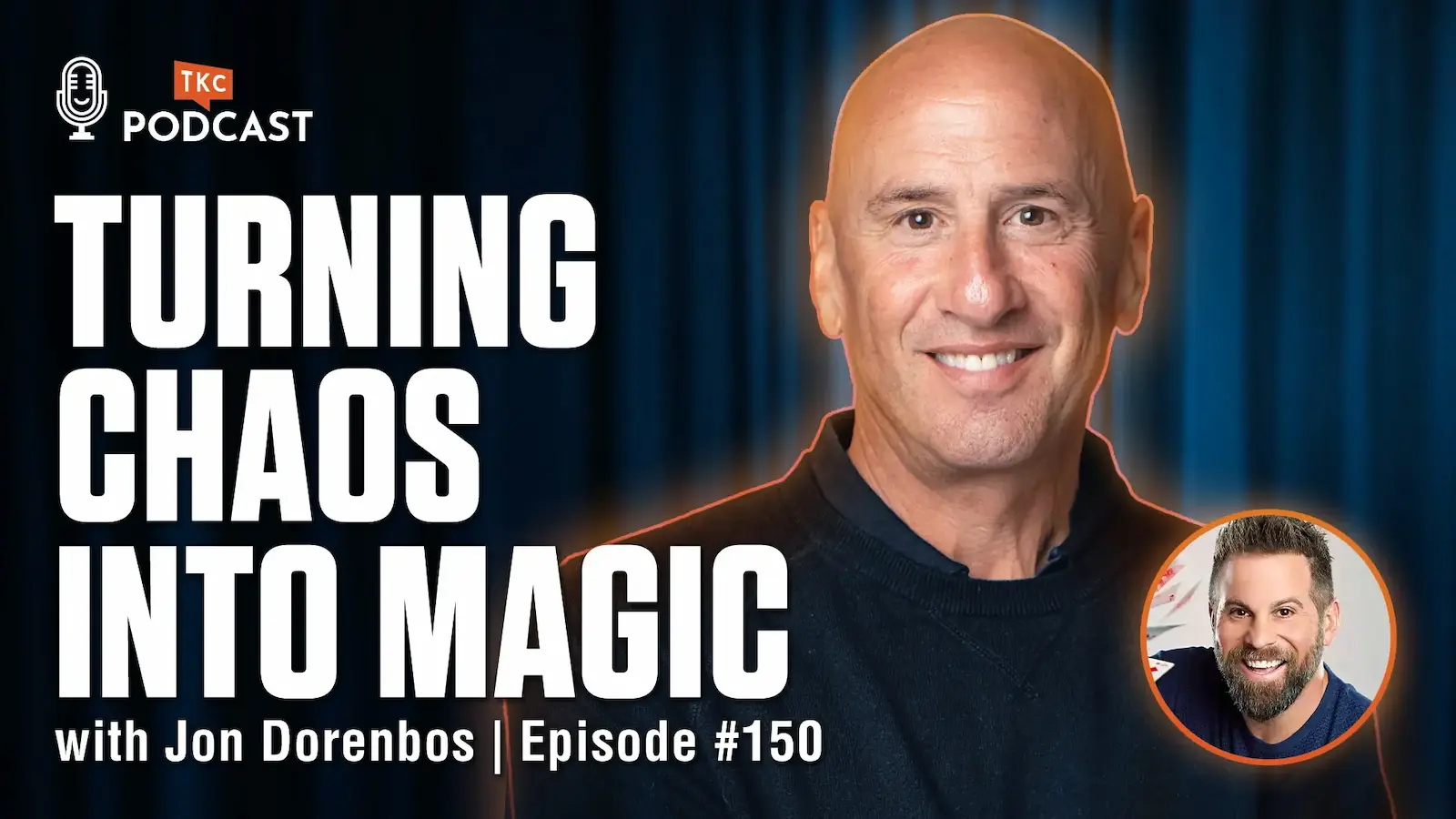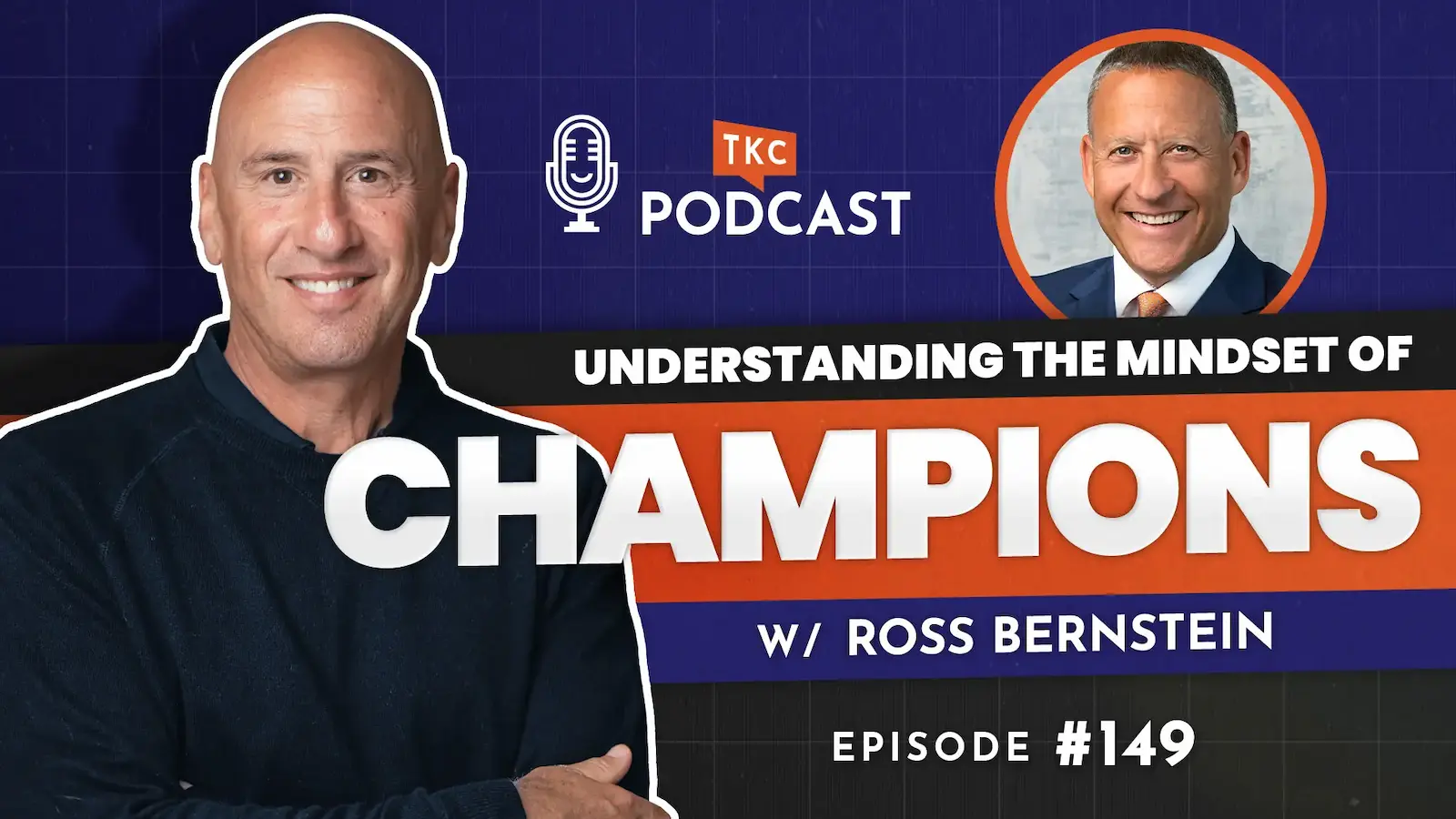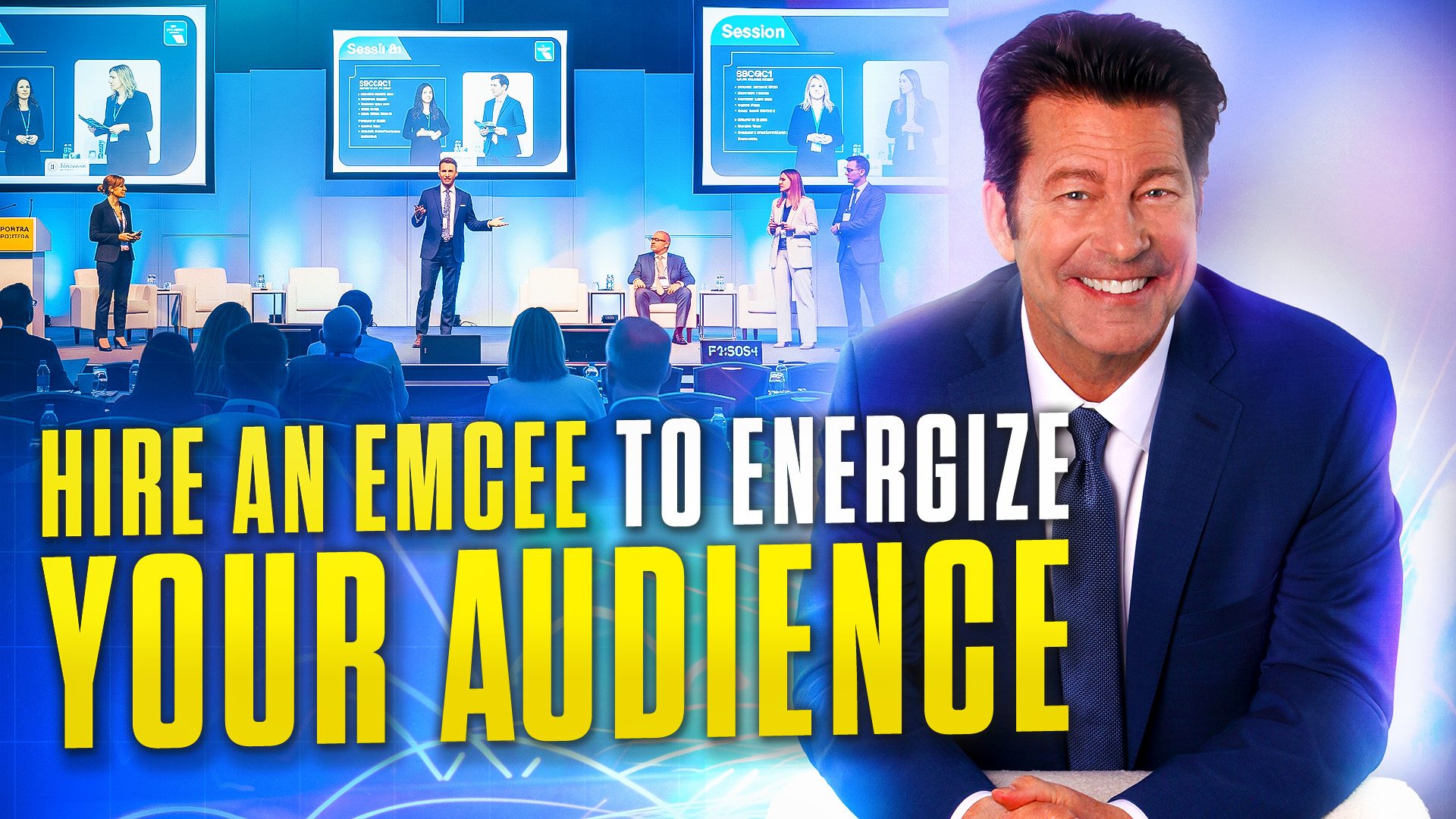
September 24, 2024Zero Emissions Day: What Event Planners Can Learn From a Climate-Conscious Concert
On Zero Emissions Day, learn what event planners can adopt from a climate-conscious concert. Discover sustainable practices to reduce environmental impact.
Zero Emissions Day Is A Turning Point for Sustainable Event Planning
On Zero Emissions Day, celebrated annually on September 21st, the focus was on reducing carbon footprints—and the events industry stepped up. One standout example is Massive Attack’s recent concert in Bristol, England, which showcased groundbreaking efforts to reduce the environmental impact of large-scale events.
Event planners can draw valuable lessons from this model of sustainable event planning. Massive Attack worked with the Tyndall Centre for Climate Change Research and A Greener Future to stage a 35,000-person festival powered entirely by renewable energy. The event was powered by batteries charged with wind and solar energy, cutting out diesel generators—a significant contributor to carbon emissions in the industry. Electric trucks ferried equipment between stages while composting toilets and vegan catering minimized waste.
Zero Emissions and Sustainability in Every Aspect of Event Planning
The success of Massive Attack’s concert highlights a key takeaway for event planners: sustainability goes beyond on-site emissions. From the type of energy used to power the event to how attendees travel, a holistic approach is crucial for reducing environmental impact. Electric trucks replaced traditional fuel-powered vehicles, transporting equipment between stages without adding to the carbon footprint. Composting toilets and vegan catering also played a significant role in minimizing the event’s waste and environmental impact contributing to the zero emissions goal.
One of the biggest challenges, however, was audience travel, a notorious source of emissions at large-scale events. Massive Attack addressed this by giving Bristol residents early access to tickets, encouraging local attendance and minimizing long-distance travel. They also arranged additional public transit options and hired electric coaches to transport attendees to and from the venue. Despite these efforts, some international travel by attendees still occurred, underscoring the need for broader changes, such as improving public transportation infrastructure and making low-carbon travel more affordable.
The lessons from this concert are clear: creating a zero emissions event requires attention to every detail. It’s not just about reducing emissions on-site but finding ways to minimize the environmental impact from start to finish. From travel logistics to energy sources, each element of an event provides an opportunity to make more sustainable choices.
What Event Planners Can Learn from Zero Emissions Day
Zero Emissions Day offers event planners a chance to reflect on their practices and adopt more sustainable methods. There are numerous small steps that can lead to significant changes in reducing an event’s carbon footprint. Here are some key strategies event planners can implement:
- Use Renewable Energy: As Massive Attack’s concert demonstrated, switching to wind and solar power can eliminate the need for polluting diesel generators.
- Encourage Public Transport: Provide incentives for local attendees and offer eco-friendly transport options, such as electric shuttles, to reduce the environmental impact of travel.
- Minimize Waste: Opt for composting toilets, digital ticketing, and eco-friendly catering options, like vegan meals, to lower the event’s overall waste.
- Prioritize Local Resources: Sourcing local products and services not only reduces transportation emissions but also supports sustainable businesses.
Even small actions can make a big difference, like turning off electronics for part of the day, using energy-efficient lighting, and sharing information about fighting climate change with event attendees.
Other small steps you can take to reduce your carbon footprint include:
- Turn off your electronics for part of the day to save energy
- Switch off unnecessary lights to conserve power
- Plant a tree to help offset carbon emissions
- Support sustainable local businesses or skip shopping altogether
- Learn about renewable energy and share tips on fighting climate change
- Leave your car at home and opt for biking or public transport
Speakers Shaping the Future of Sustainability
As the conversations around sustainability and zero emissions grow, so does the need for thought leaders who can guide businesses and organizations toward a greener future. These speakers bring diverse perspectives and expertise to the crucial conversation on sustainability and environmental responsibility.
- Stuart Landesberg: Co-founder and CEO of Grove Collaborative, Stuart is passionate about creating sustainable home products and driving the shift toward environmentally responsible consumer choices. His focus is on making sustainability accessible through everyday household goods.
- Chrissa Pagitsas: As the former head of ESG (Environmental, Social, Governance) at Fannie Mae, Chrissa is an expert in sustainable finance and real estate, focusing on how businesses can incorporate energy efficiency, renewable energy, and environmental responsibility into their operations.
- Amy Myers Jaffe: A leading expert on global energy policy and sustainability, Amy focuses on the geopolitics of energy, renewable energy innovations, and the transition to a low-carbon economy. She offers insights into how these changes will impact global markets and businesses.
- Michael Liebreich: Founder of Bloomberg New Energy Finance, Michael is an authority on clean energy, transportation, and sustainable infrastructure. His talks emphasize the economic opportunities in the transition to renewable energy and how businesses can adapt to a decarbonized future.
- James Taylor: As the host of the SuperCreativity Podcast, James explores innovation and creativity, often focusing on how creative thinking can lead to breakthroughs in sustainability, environmental solutions, and green technologies.
- Steve Goreham: An author and speaker on environmental sustainability, Steve presents a critical view of popular climate change narratives. He challenges mainstream environmental policies while discussing the need for balanced, science-based approaches to energy use and conservation.
- Dr. Scott Tinker: A global energy expert and advocate for bridging the gap between fossil fuels and renewables, Dr. Tinker emphasizes practical solutions for energy transitions. He focuses on balancing the world’s energy needs with environmental sustainability and economic stability
? What is the chance we could collaborate for your next event? Let’s explore opportunities together. Schedule a call today.
? Reach me at: info@thekeynotecurators.com
Discover More Insights
Get in TouchContact US
Fill out the form so we can best understand your needs.
A representative from The Keynote Curators will reach out to you.








